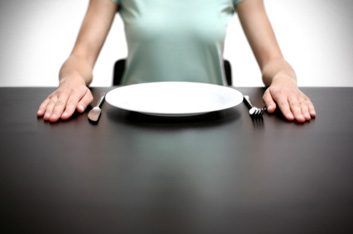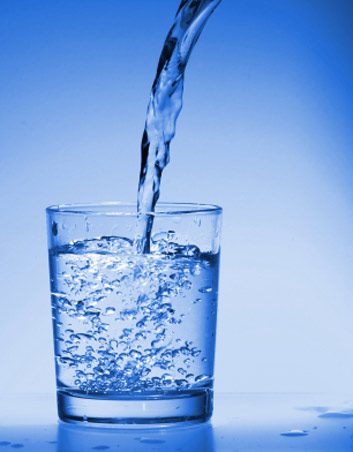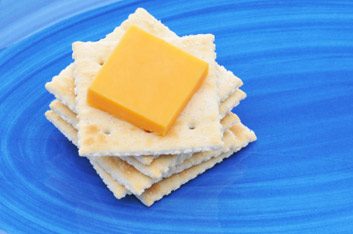
The myth: You should feel hungry while losing weight
The truth: Allowing yourself to become ravenous will likely cause you to overeat and make poor food choices, says Dr. Arya Sharma, chair for Cardiovascular Obesity Research and Management at the University of Alberta.
“People think that you need to be hungry to lose weight and that really backfires,” says Jessica Begg, a registered dietitian based in Vancouver. When you restrict your calorie intake, your metabolism slows down in response to your hunger. Hence the much-talked-about yo-yo diet syndrome.
Rather than restricting your diet, change it up, Begg suggests. “The best way to lose weight is to add things into your diet rather than cutting things back.”
Eating more fruits and vegetables at meals will help you offset higher-calorie foods in your diet and keep you feeling fuller longer.

The myth: If you exercise, you don’t have to watch your diet
The truth: “There are not enough hours in the day that will allow you to exercise off a Happy Meal,” says Sharma.
Working out has countless benefits to your health and will help keep your weight down by building muscle and encouraging better body image, but when it comes to shedding pounds and keeping them off, reducing your caloric intake is the way to go, Sharma adds.
If counting calories makes you cringe, Begg has this advice: “As corny as it is, you really can’t go wrong with Canada’s Food Guide. I would rather people look at recommended portion sizes than calories.”
To keep weight down, she suggests that 80 percent of your daily calories come from foods recommended by the Food Guide. That leaves the other 20 for treats such as cookies, chips and cocktails. “[It’s] the equivalent of a small dessert every day,” she says.

The myth: Drinking water will help you shed pounds
The truth: While water doesn’t have magical properties, drinking water can help with weight loss by replacing bad habits.
Though drinking cold water has shown to burn some calories, it’s not enough to say that it actually helps you lose weight. But sipping H20 is still important, says Sharma. “Drinking just before a meal has been shown to reduce hunger,” he notes. Keep in mind that water doesn’t contain any calories and won’t keep you feeling full-if you don’t follow water with food, you’ll be hungry again in 10 minutes.
Begg adds that drinking water is a good way to quench your thirst wihtout chugging calories. “When you’re drinking calories, your body doesn’t recognize it the same way that it would if you ate that amount of calories as food,” she says. Drinking a glass of juice may be thirst-quenching, but it won’t satisfy your hunger the way a piece of fruit would.

The myth: Snacking between meals will sabotage your diet
The truth: Snacking is fine-as long as it’s conscious.
“For some people, snacking is better and for other it’s a catastrophe,” Sharma says. That’s because some snackers are better at planning ahead while others are more impulsive and head straight to the vending machine when hunger strikes. The key to healthy snacking is to nosh in a controlled way and not to graze just because you’re feeling peckish, says Sharma. If you know you need to eat something between meals, make sure you pack a healthy snack, such as a piece of fruit or handful of nuts, in your briefcase or purse.
Related:
• 10 quick and healthy snacks to stash at work
• 6 foods you thought weren’t healthy but are
• 4 new tricks to get and stay slim
